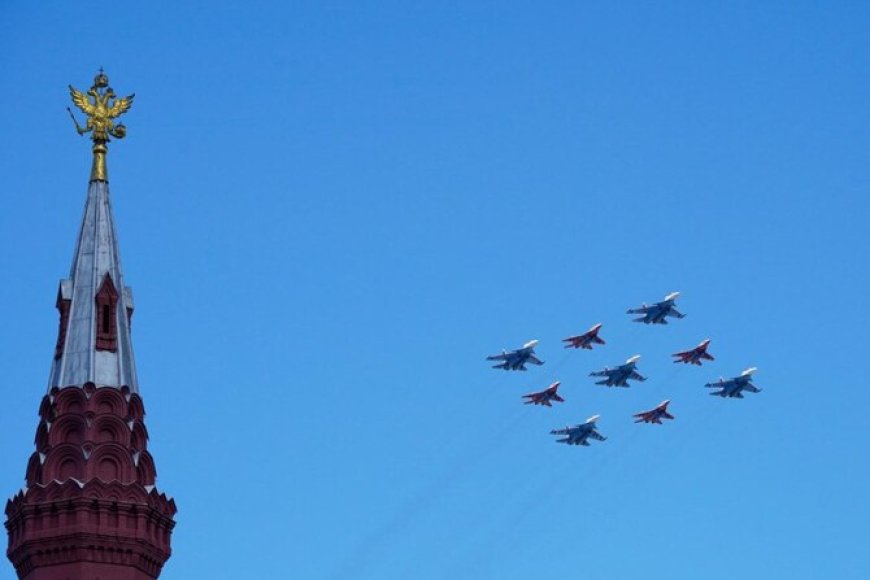Ukraine Claims China as Key Conduit for Foreign Tech in Russian Weapons

According to a top Ukrainian official, China is a vital source of foreign technology utilized in Russian weapons employed in the continuing fight; approximately 60 percent of such components come from Chinese suppliers.
Ukraine's presidential adviser Vladyslav Vlasiuk presented the results in a Tuesday briefing for reporters. He pointed out that China is mostly responsible for microchips, semiconductors, and other necessary components found in Russian military hardware on the front lines.
"If you take all the typical kinds of weaponry and count the foreign-made components, around 60 percent would be coming from China. We have had protracted conversations with some manufacturers over this," Vlasiuk remarked. Concerned about the consequences of this technological flow, he also said, "The PRC (People's Republic of China) is the biggest problem I would say."
The adviser also mentioned that other important parts of Russian surveillance systems, missiles, drones, and drones started from Western nations including the United States, the Netherlands, Japan, and Switzerland. Moscow has able to resupply its military weapons despite rigorous limitations, hence this begs further issues regarding the execution and efficacy of UN sanctions against Russia.
Russia began a full-scale invasion of Ukraine in February 2022; in response, Western countries imposed broad economic sanctions meant to severely limit Russia's capacity for war. But the revelation of Western and Chinese-made parts in Russian weapons points to Moscow's means of escaping these restrictions by means of intricate worldwide supply networks, so restocking its military machine.
Ukraine's results also draw attention to the more general problem of illegal trade networks allowing approved items—including high-tech components—to wind up in Russia. Although sanctions have tightly limited the supply of sensitive technologies to Moscow, businesses and nations with more relaxed policies could be offering other paths.
The disclosures coincide with mounting worries in the West over China's indirectly supporting of Russia's military campaign. China has refrained from supporting worldwide sanctions against Russia even if it has maintained a posture of neutrality in the issue. Western governments have frequently urged Beijing not to provide Moscow with weapons or technology that might be used in Ukraine, but these most recent allegations might heighten criticism on China's economic relations with Russia.
Ukraine has been in talks with foreign businesses regarding the inclusion of their technologies in Russian military equipment in response to these worries. Given the crisis in Ukraine shows little indication of abating, it is still to be seen how governments and businesses will handle the problem of components finding their way into Russian hands.
Ukraine keeps advocating for more strict application of current sanctions and more awareness in reducing the flow of foreign technology into Russia's military equipment even if a settlement to the crisis is nowhere visible.













































